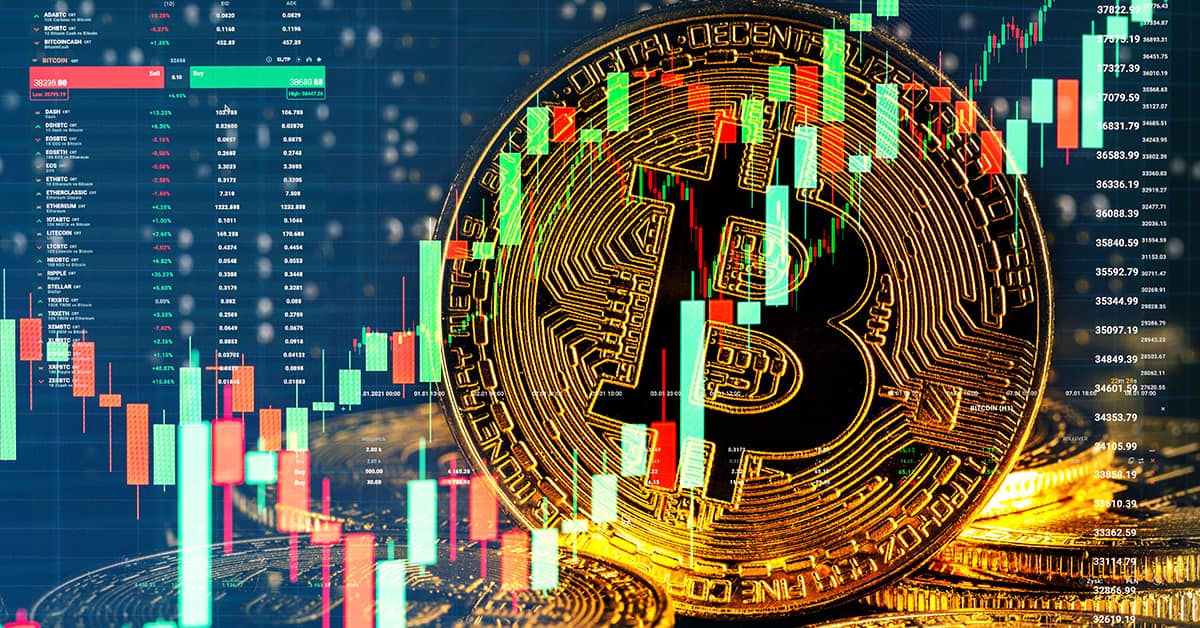Analysts say the cryptocurrency’s spike in price has more to do with inflation fears than pent-up demand for nascent ETFs.

A flurry of activity in newly launched Bitcoin exchange-traded funds (ETFs) prompted a mixed reaction from investors. The ETFs, approved by the US Securities and Exchange Commission (SEC), are linked to the volatile cryptocurrency but considered by the SEC to offer greater investor protection, fueling expectations that other crypto-based ETFs could soon follow.
Three funds began trading in late October, commencing with ProShares Bitcoin Strategy ETF (BITO) listing on the New York Stock Exchange. In a blockbuster debut, the ProShares ETF ac-cumulated almost $1 billion in assets in two days, with more than 24 million shares changing hands in the second-most-heavily traded fund, according to Bloomberg data. Hefty trading coincid-ed with Bitcoin’s spot market price reaching an all-time high of just under $67,000 per Bitcoin.
In contrast, the launch of the Nasdaq-listed Valkyrie Bitcoin Strategy ETF was more subdued. Some attribute that to ProShares’ first-mover advantage, a phenomenon seen in other investment markets. A little more than three million shares were traded, with a value of around $78 million. Meanwhile, asset-management firm VanEck launched its Bitcoin Strategy ETF on the Cboe BZX Exchange. Still, ETF trading costs may concern investors. Futures-based ETFs incur the cost of “rolling” soon-to-expire contracts to new contracts with later expiration dates.
Analysts at J.P. Morgan say that the cryptocurrency’s spike in price has more to do with inflation fears than pent-up demand for nascent ETFs. Investors have been rotating out of gold ETFs into Bitcoin ETFs, which are increasingly seen as a better hedge against inflation. “While we accept Bitcoin momentum has shifted steeply upward since the end of September, we are not convinced the anticipation of BITO’s launch was the main reason,” the J.P. Morgan analysts wrote in a note.
Despite clarion calls that the ETFs signify Bitcoin’s ascendancy into the mainstream, many market observers remain unconvinced of the ETFs’ rationale. “Initial impressions are that they are just an-other playground for speculative day traders, without the aggravations of setting up a crypto-account and a wallet to buy the digital-physical,” Jeffrey Halley, a senior market analyst for Asia Pacific at Oanda, said in a separate note.



